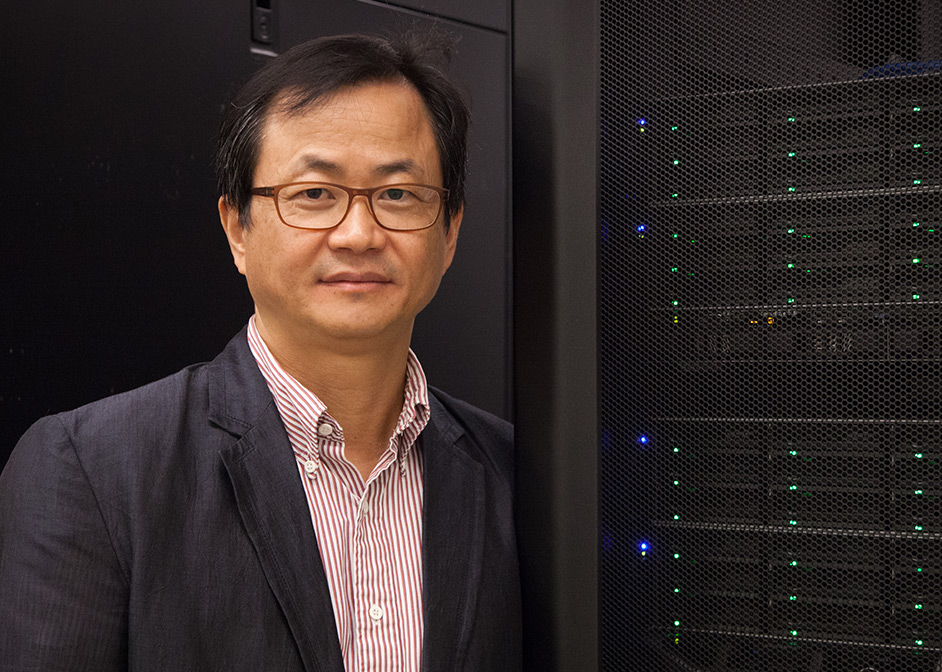Grant Will Improve Current Modeling Approaches
Yunsoo Choi, assistant professor in the University of Houston’s Department of Earth and Atmospheric Sciences, has been awarded a one-year grant of $63,900 by South Korea’s National Institute of Meteorological Sciences. The grant to improve current modeling approaches for dust storms is titled “Top-Down Estimates of Yellow Dust Emissions Inventories using Inverse Modeling Techniques over East Asia.”

Through this project, Choi and his group will use satellite data to accurately quantify particulate matter emissions from dust storms. It is well known that particulate matter plays a significantly important role in affecting air quality, human health and climate. Recent dust storm events over East Asia have exacerbated this problem regionally.
Current numerical modeling approaches to capture these events have been, at most, modest. These issues can be attributed to the questionable quality of model input data, such as meteorological fields and surface emissions inventories that have significant uncertainties that reflect our lack of scientific understanding of these events.
In order to resolve these problems, Choi’s proposed study will use an inverse modeling approach to improve estimation of the magnitude and spatial distribution of dust emissions over East Asia. The procedure entails using satellite data having a wide spectrum of trace gases and aerosol optical depth (a metric for light extinction due to pollution) to improve the accuracy of emissions estimates.
Inverse modeling will improve prediction of both the spatial and temporal characteristics of the dust storms and anthropogenic emission inventory over East Asia. After producing improved emission inventories with the modified dust module, the air quality modeling system will be able to produce highly accurate forecasting results.